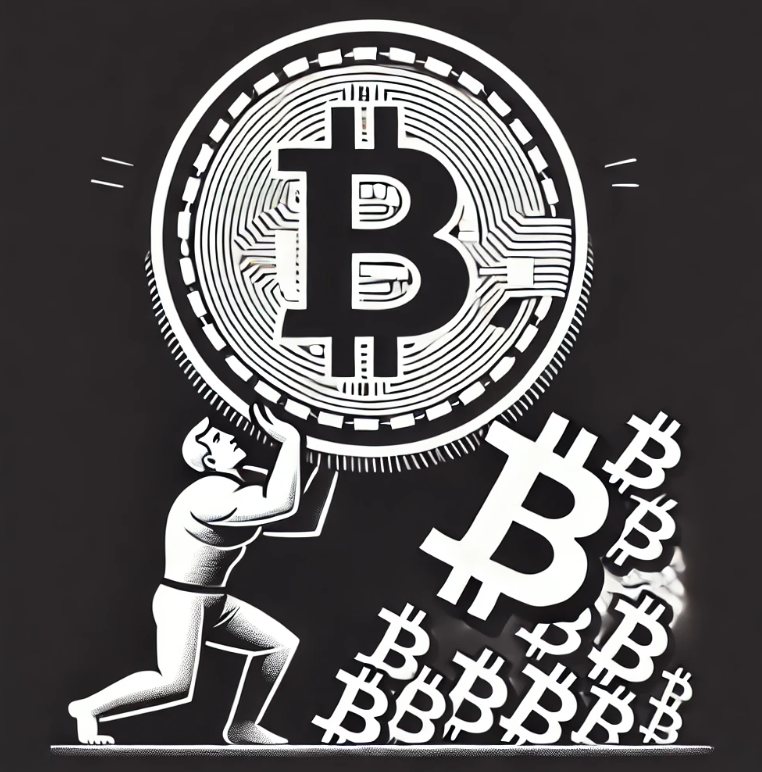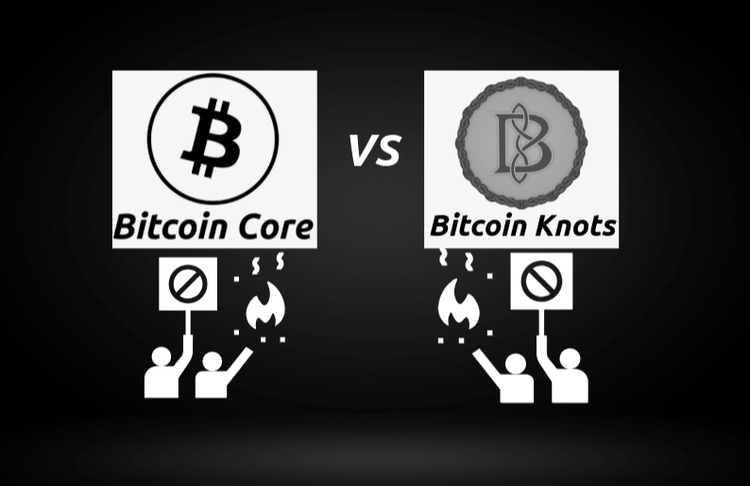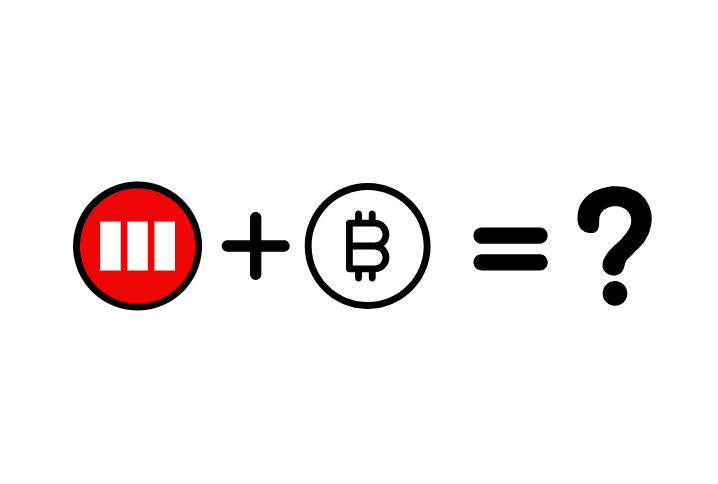Will Bitcoin be Replaced?

Is Bitcoin unique?
Is it possible for another monetary technology to rival, or even replace, Bitcoin?
Bitcoin is the first decentralized digital currency and has the largest market share amongst "cryptocurrencies"(54% dominance).
One common question that may come to mind is if Bitcoin will ever be replaced?
This could have significant implications if so, as the value of Bitcoin would likely decrease due to the superior competitor.
This question is essential not only for Bitcoin investors but also for anyone who believes Bitcoin is the future of money and the solution to broken money.
The Importance of Money and Its Evolution
To comprehend Bitcoin's potential for replacement, we must first understand what makes money valuable.
Historically, societies have converged on a single tool for savings and trade—money.
The effectiveness of money depends on its properties: scarcity, durability, portability, divisibility, and fungibility. Over time, gold was the preferred tool due to its superior monetary properties.
However, with the advent of the digital age, Bitcoin has emerged as the most superior form of money.
Why Bitcoin Is Special
Bitcoin’s uniqueness lies in its immutable scarcity. Unlike traditional currencies that can be printed at will, Bitcoin's supply is capped at 21 million coins.
This scarcity is enforced by a decentralized network of computers, known as miners, that follow a proof-of-work consensus mechanism. This ensures that no single entity can alter the supply of Bitcoin, making it a truly decentralized and scarce asset.
Bitcoin's distribution method was also fair and transparent. Every Bitcoin in circulation was either mined or purchased at the market price, with no initial allocation to a select group, unlike many other cryptocurrencies.
Can Bitcoin Be Replaced?
In theory, any technology can be replaced if something better comes along.
Although Bitcoin's innovation involves math and the laws of physics.
Since the creation of man, nobody has invented a better "fire" technology.
Bitcoin's strength lies in its perfection as a form of money.
For Bitcoin to be replaced, a new form of money would need to have superior mathematical properties to Bitcoin and overcome Bitcoin's first mover advantage through hashrate. (This would be next to impossible)
Bitcoin utilized the perfect combination of security, decentralization, and scalability.
This is called the "blockchain trilemma."
Most alternative cryptocurrencies claim to improve on Bitcoin, often by offering higher transaction speeds or enhanced privacy.
Yet, these improvements come with trade-offs. For instance, increasing transaction speeds might require larger block sizes, which could lead to centralization—a fatal flaw for a decentralized currency.
Enhanced privacy features may make it difficult to audit the total supply, undermining the concept of immutable scarcity.
Bitcoin’s perfect scarcity and adherence to mathematical laws cannot be improved upon.
Creating something more scarce than "perfect scarcity" is impossible, just as it's impossible to invent a number more fundamental than zero.
Bitcoin is a one-time invention, the first and only asset to achieve true digital scarcity.
Will Bitcoin Evolve?
While Bitcoin itself is unlikely to be replaced, it is not static. Bitcoin’s protocol can evolve. If a new technology emerges that enhances Bitcoin’s scalability or privacy without compromising its core values, it can be integrated into the Bitcoin network through consensus-driven upgrades.
This is also why quantum computers will not break Bitcoin. It is not a dumb rock; it is a dynamic cyber network that can adapt to a macro-environment without debasing monetary policy.
In the unlikely event that such a superior technology appears, the Bitcoin community could adopt it, ensuring Bitcoin continues to remain the best form of money.
The Future of Bitcoin
Bitcoin is unlikely to be replaced due to its unique, law-abiding properties, especially its immutable scarcity and decentralized nature.
While other cryptocurrencies may offer certain benefits, they often come with trade-offs that make them less reliable as a store of value and medium of exchange. Bitcoin’s strength lies in its perfect design as digital money, and as of today, there is no better alternative. Understanding this can help you overcome misconceptions and appreciate the strength and genius of the Bitcoin network.




